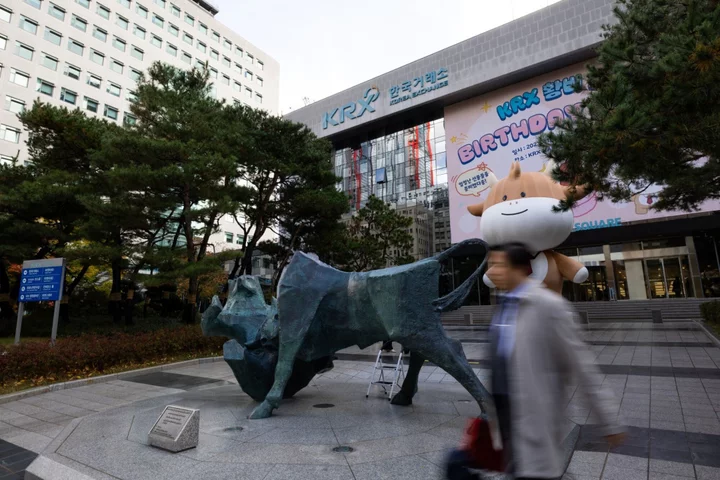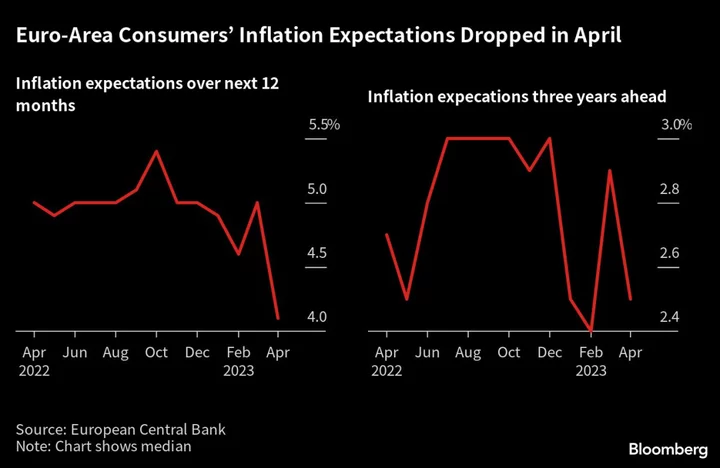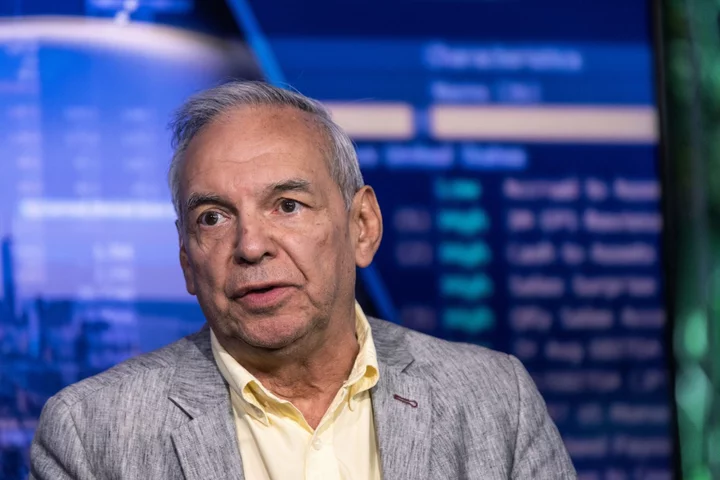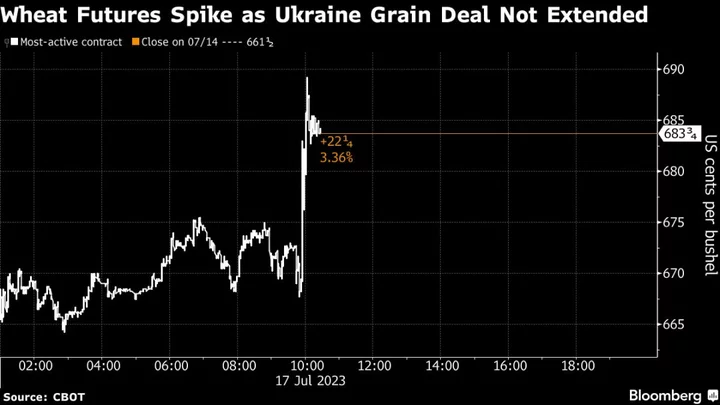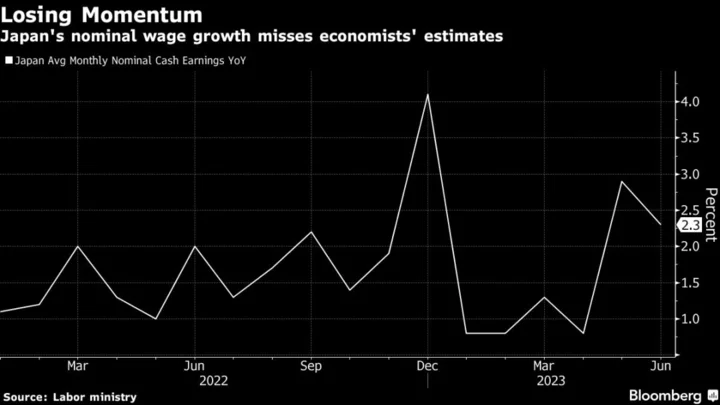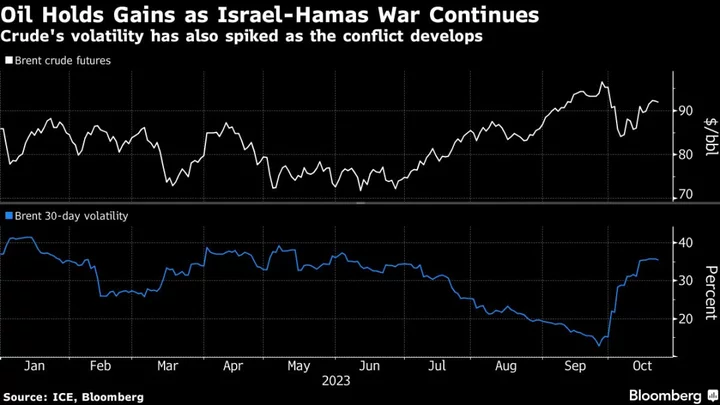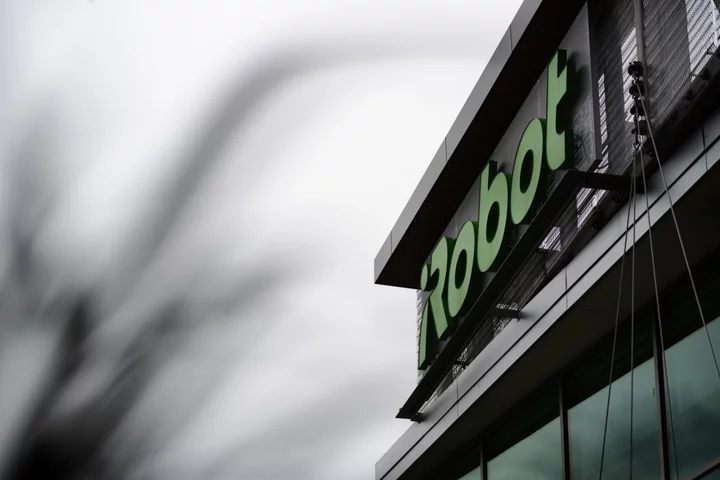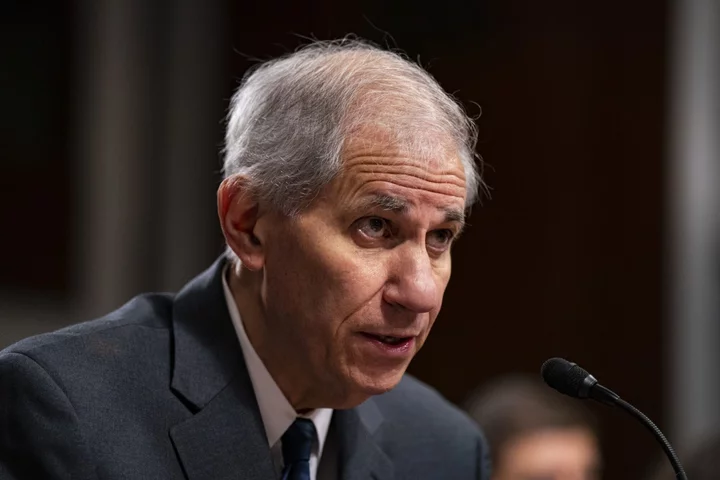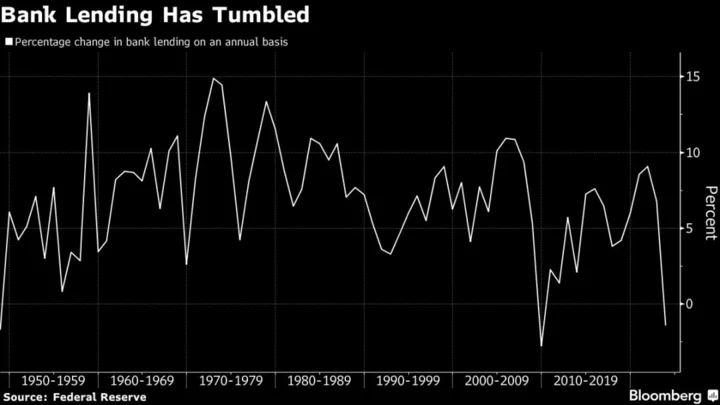South Korea is considering several options to penalize illegal short sellers, including banning them from stock trading for up to 10 years, the country’s financial regulators said.
Those who engage in illegal short selling — such as placing “naked short” orders — may also be restricted from serving as executives at listed companies and financial firms in Korea, the Financial Supervisory Service said Thursday. The government may also extend a ban on all short selling beyond June next year if reform measures aren’t sufficient, the Financial Services Commission said.
South Korea surprised markets earlier this month when it reimposed a full ban on short-selling, with analysts saying the move may be to appease retail investors ahead of an election in April. Its campaign though could undermine the nation’s bid to seek a developed-market status in MSCI Inc.’s indexes.
“We will do our best by the end of June to resume short selling,” Kim So-young, vice chairman at the Financial Services Commission, said Thursday. “But if the system improvements are not enough, we can extend then.”
The proposed penalties would go into effect after the nation’s capital market law is revised, according to the statement issued by the two agencies. Revising the law will require parliamentary approval. The agencies didn’t elaborate on how the penalties would be implemented.
Read: Hedge Funds Beware: Naked Shorts Can Land You Jail Term in Korea
Authorities will review market condition and look for improvements in the short-selling systems before deciding whether to end the ban, Kim told reporters after a closed-door meeting with ruling party officials.
Fundamental Improvement
Naked short selling — a practice where traders place sell orders for the stocks without owning or even borrowing them beforehand — had been illegal in the country. But in announcing their total ban on Nov. 5, financial authorities said they had discovered “massive” illegal naked short selling by global investment banks in local stocks.
The officials’ meeting comes after President Yoon Suk Yeol’s remarks earlier this week that the ban will stay in place until fundamental improvements are made to prevent more harm to retail investors. From time to time, there have been protests by these investors.
READ: Korea’s Shorting Ban to Stay Until Improvements Made, Yoon Says
Most short-selling in South Korea is conducted by overseas institutional investors. It accounted for less than 1% the benchmark Kospi’s market value. The ban could dent global investors’ confidence in the Korean stock market as short selling continues to remain a point of contention, proponents of the trading practice say.
(Updated with new penalty proposals in first, second paragraphs)

